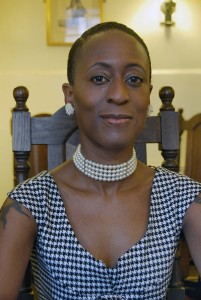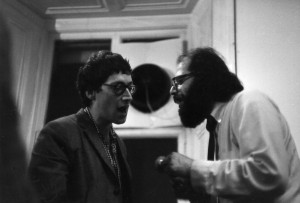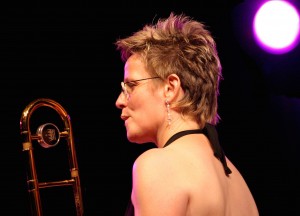The twenty sixth person in our series of introductions to performers taking part in International Poetry ReIncarnation at the Roundhouse in Camden on 30th May 2015 is the poet Patience Agbabi.
Shortlisted for this year’s Ted Hughes Poetry Prize, Patience Agbabi is a sought-after poet who celebrates the written and spoken word. She read English at Oxford, has an MA in Creative Writing from Sussex, and has lectured in Creative Writing in several UK universities. Her fourth collection, Telling Tales (Canongate, 2014), is an exhilarating, multicultural remix of The Canterbury Tales.
Mining the Middle-English masterwork for its performance as well as its poetry and pilgrims, her boisterous and lyrical collection gives one of Britain’s most significant works of poetry thrilling new life.
“A pilgrimage of punks, badasses, broken hearts, beat poets, silver-tongued fixers, town criers, beauties, sinners.” – Jeanette Winterson, on Telling Tales
“Agbabi is a fine poet, and her linguistic wit carries satirical fire” – Daily Telegraph
Get your tickets for the evening’s star-laden performance here: The International Poetry ReIncarnation



Recent Comments